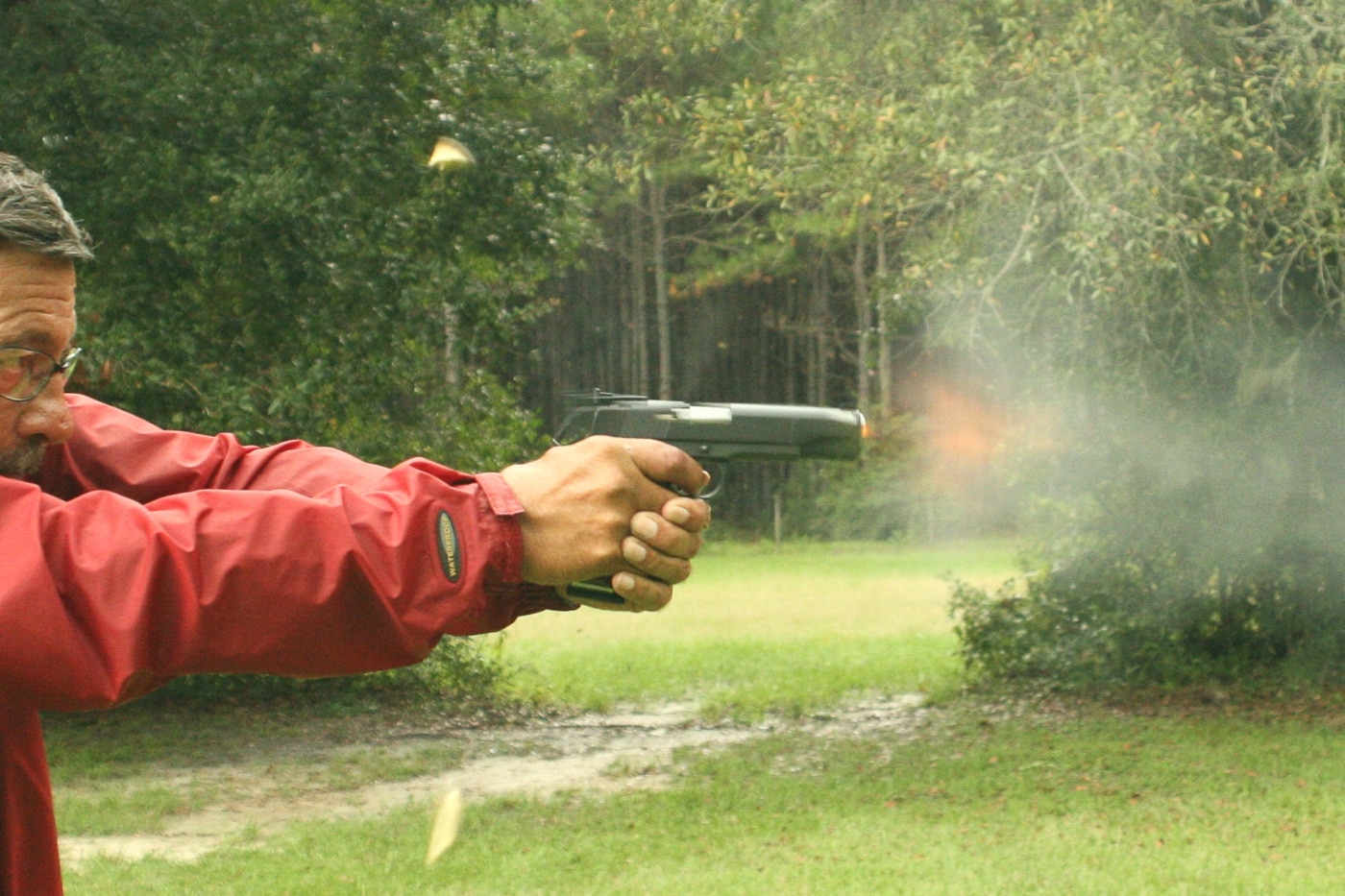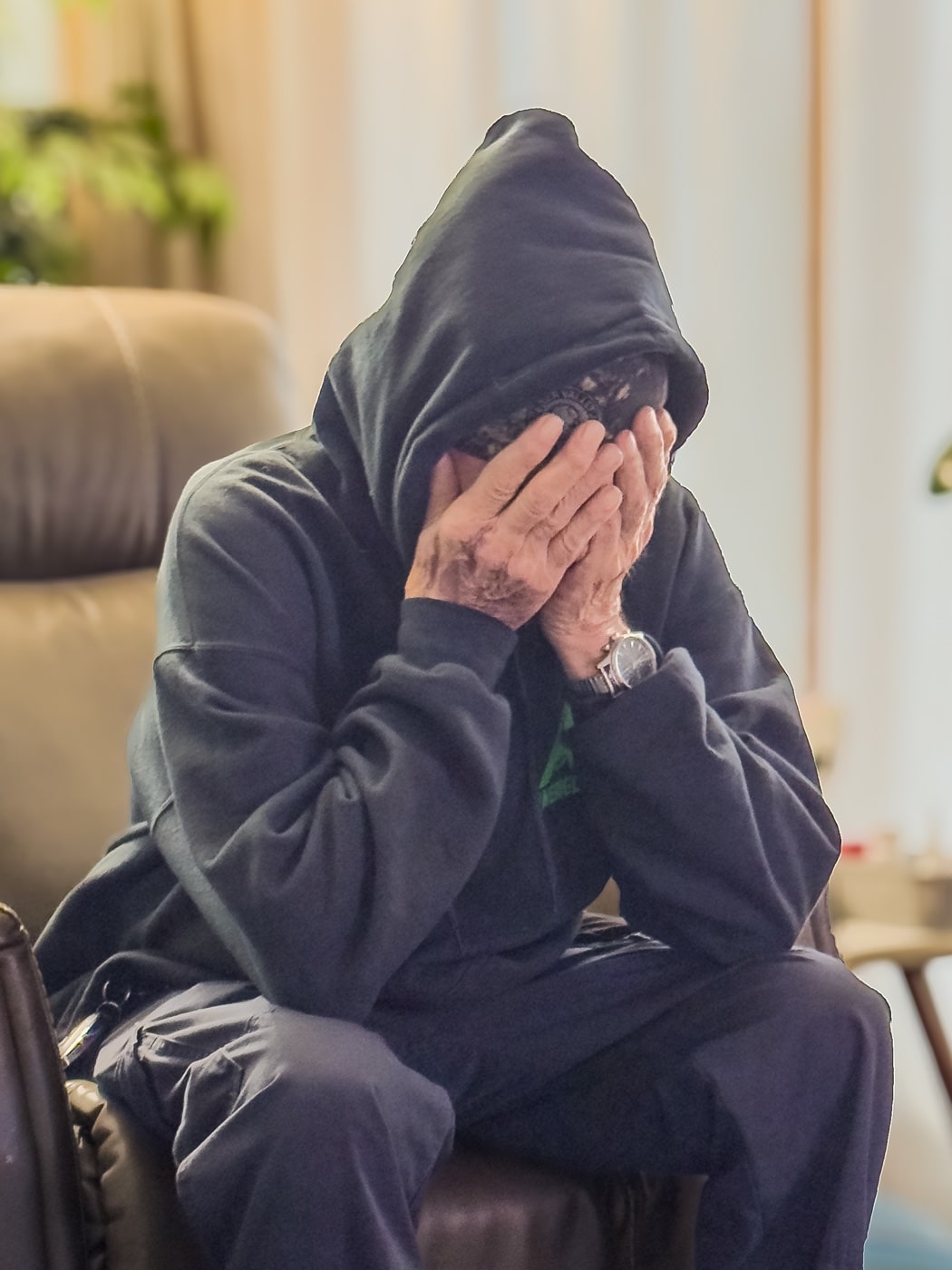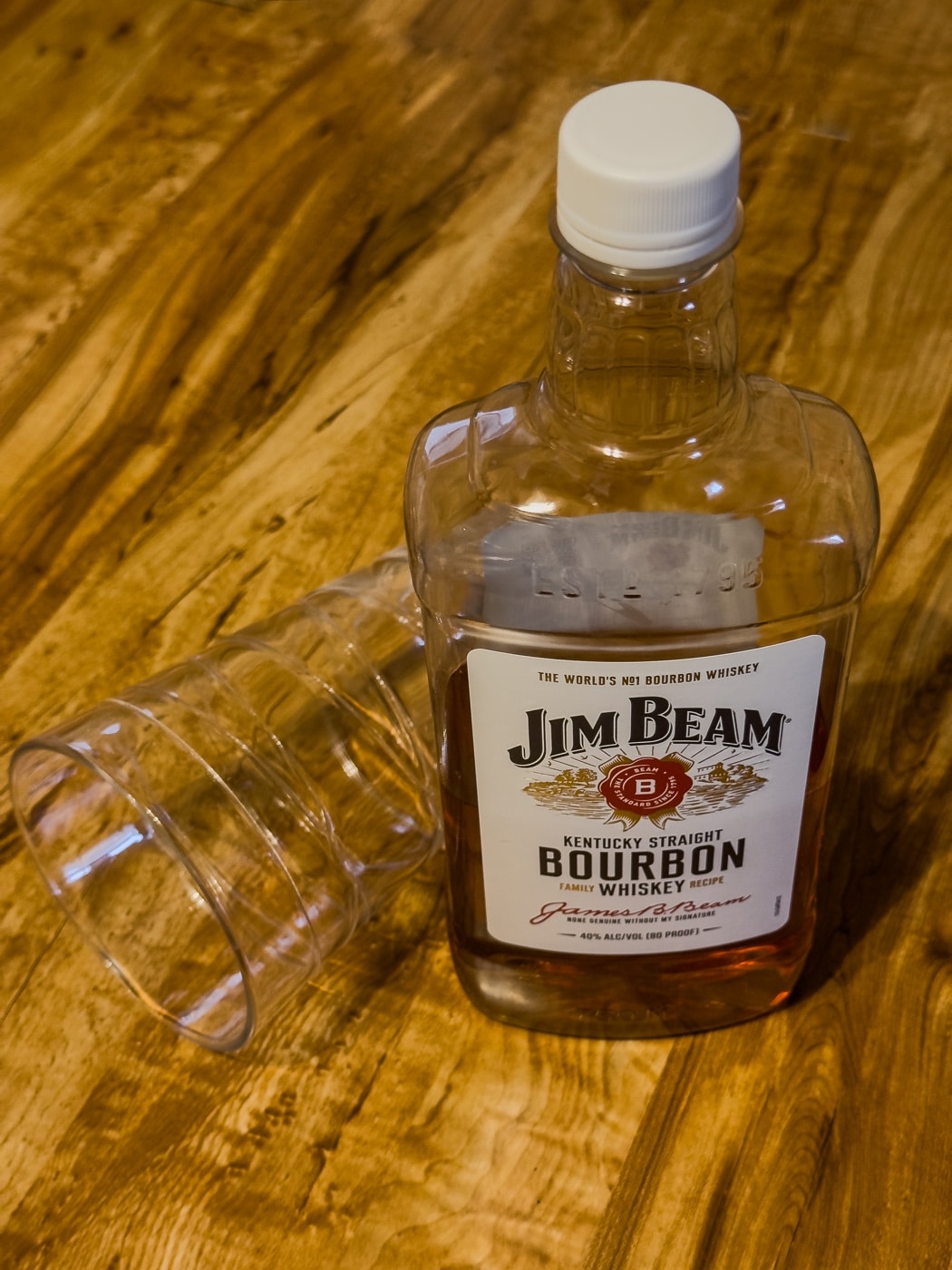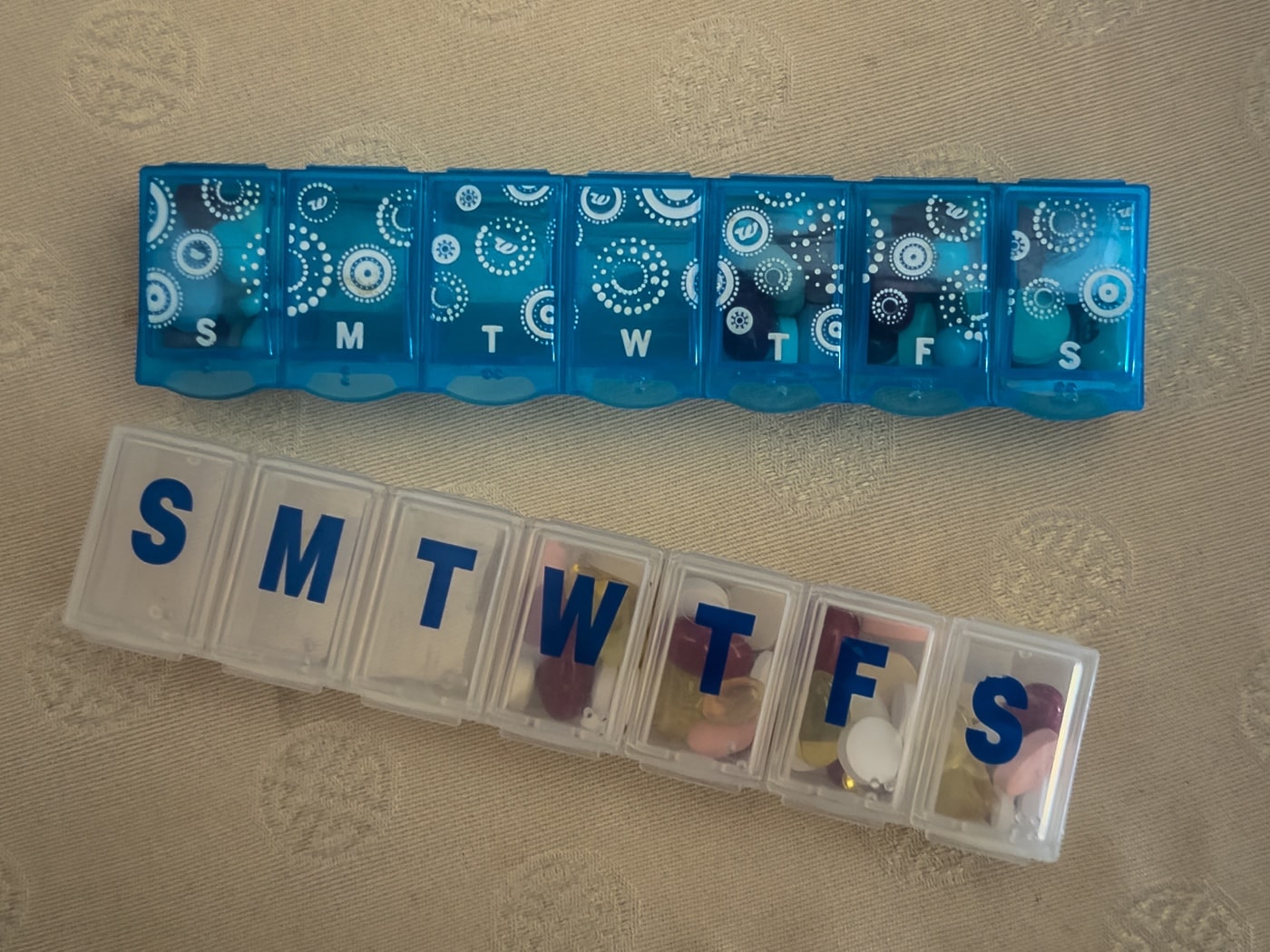Editor’s Note: Massad Ayoob has been covering Post-Shooting Trauma in his classes both for police and armed citizens around the world, currently is teaching through Massad Ayoob Group (MAG), and has been an expert witness for the courts in weapons- and homicide-related cases since 1979. He began debriefing gunfight survivors in 1972.
We who teach armed self-defense are remiss if we don’t inform our students of the potential emotional and sociological aftermath of having had to use deadly force. Unfortunately, due largely to misunderstanding, it has become one of the most controversial elements in the discipline of legitimate use of force.
Let’s begin by dispelling a few myths.
Myths Regarding the Use of Force
MYTH 1: “So-called post-shooting trauma is all about guilt.”
In decades of studying this matter, I’ve come to the conclusion that the aftermath effects under discussion have little if anything to do with guilt, unless it actually was a bad judgment shooting. It’s possibly not even your reaction to your having to act in self-defense so much as it’s your reaction to your society’s reaction to your having done so.

MYTH 2: “Only a neurotic would feel badly about killing a criminal!”
That’s not what it’s about. Today, more than ever, there are people who publicly badmouth anyone who has shot an attacker, even in the most righteous cases of self-defense. Often, lawsuits or even politically motivated criminal charges can be filed. People who’ve been forced to defend themselves may be unfriended and shunned.
MYTH 3: “Just man up and get over it!”
Easier said than done. The shooting is generally over in seconds, while the legal aftermath can take months or years, and the emotional damage can last longer than that.
Symptoms
Of the many known symptoms, two are most pervasive. One is sleep disturbance, insomnia or interrupted sleep patterns largely due to the adrenaline dump of fight or flight response. Dr. Walter Gorski, the famed California police psychologist who may have been the first to define Post-Shooting Trauma (PST) as something distinct from generic Post-Traumatic Stress Disorder (PTSD), named the other pervasive manifestation Mark of Cain Syndrome, the realization that people are treating you differently after the incident. (Sociological, you can’t do much to control it.)

A study of officers in a large department who’d shot people in the line of duty, published later by Force Science Institute, showed that 100% had experienced erratic sleep and/or bad dreams, and perceived themselves to have been treated differently after the shooting.
For the most part, severity varies with how people react. If it’s seen by society as clear-cut self-defense, problems can be relatively minimal. However, if the circumstances are murky or have not been clearly established, you may be shunned and unfriended by some you know, and some of that hostility can spill over and land on your family.
Even those who are recognized for saving innocent lives heroically can experience the Mark of Cain syndrome. They often notice that they’re no longer identified as the good parent, the good neighbor, the skilled practitioner of their chosen profession because those things are subsumed by the new identity of “he or she who killed so and so.”

Other problems include appetite disturbance, a two-sided coin that may include significant weight loss (“Who can eat at a time like this?”) or alarming weight gain for those overeating to compensate for unhappiness and stopping going to the gym because people keep asking about the incident.
The above-mentioned Mark of Cain can lead to social isolation for self and family. Anxiety can become significant for both self and family. (“Is the prosecutor going to charge me? Is the family of the deceased going to sue me? Are criminal acquaintances of the person I had to fatally shoot going to come after me and mine for revenge?”).
Depression often accompanies anxiety. Not clinical depression in the diagnostic sense, but the depression and anxiety any normal person would feel in a situation where they may be unfairly accused of wrongdoing as well as dealing with the stress of what happened.
Self-medication and substance abuse are real risk in these situations. People who are hurt naturally reach for a crutch. Beware of pharmaceutical conflicts, too. A psychiatrist may prescribe mood elevators, while the family doctor writes a scrip for tranquilizers or sleeping aids, and your buddies are saying “Let’s go drinkin’ and get your mind off it for tonight.” These things don’t play well together.
What Helps
Smart modern law enforcement provides psychological support for officers who’ve been through shootings or other Critical Incidents. Some of the more forward-thinking agencies have been known to provide the same to crime victims who’ve had to shoot perpetrators in self-defense.
My psychologist friends warn me that the individual needs to pick their therapist carefully, because some in their profession think anyone who would carry a gun, let alone shoot someone in self-defense, must be at least a little off-kilter and perhaps a danger to society. Check around to see what union or fraternal organization represents local cops, and contact them and ask what psychologist they recommend for their own people after shootings. That’s more likely to get you a therapist who understands this particular kind of case.

Gorski spoke of “inoculation effect”: if you know a bad thing may happen, you won’t be blindsided if it does. People handle any crisis of any kind better if they’re prepared for it beforehand.
When the prospect of criminal or civil trial enters the picture, the expense of same becomes a huge driver of depression and anxiety. Get someone on your side beforehand. If you’re a cop, join the union or fraternal organization that represents people on your job: they can absorb those massive legal fees better than you. As a private citizen, strongly consider joining a post-self-defense support group.
I remember cases like the one in Omaha when a Marine combat vet tried to protect his father from assault during a riot, got jumped by one of the rioters who tried to choke and disarm him, and had to shoot that man. The police investigators and the prosecutor’s office knew a justifiable homicide when they saw it, but a special prosecutor ram-rodded the case to an indictment. Fearing that the six-figure legal fees would bankrupt his family, that young Marine committed suicide.
Whether or not this has happened to you or ever does, if you know a lot of cops or combat soldiers or armed citizens, you probably know someone who has had to cope with PST, or will, or may be doing so even now. Suggestions: Don’t ignore them. I’ve lost count of how many sufferers who told me, “After my incident, everyone abandoned me.” When I sometimes got to the people they were talking about, I was always told “I didn’t know what to say to him” or “I thought he’d want to be left alone at a time like this.”

Do touch bases with them, but don’t ask about the event: you don’t have legal confidentiality, and the discussion could come back to haunt you both in court. Instead, tell them how glad you are they survived a near-death experience. Offer to take them to dinner or a day at the beach. Let them know you still value them and you’re in their corner.
In Summary
The lawful use of lethal force in defense of self or other innocent parties is similar to what the practice of medicine calls “toxin-anti-toxin therapy”: literally, poison against poison. There will be unpleasant side effects. If you are diagnosed with cancer, the treatment may involve radiation that damages some healthy tissue along with the malignancy, chemotherapy that is quite unpleasant to endure, or even surgical removal of body parts.
Applying killing force to save innocent human life can have painful, even life-changing side effects, too. Those who are prepared to face it may suffer less than those who pretend that it can’t happen.
Editor’s Note: Please be sure to check out The Armory Life Forum, where you can comment about our daily articles, as well as just talk guns and gear. Click the “Go To Forum Thread” link below to jump in!
Join the Discussion
Read the full article here











